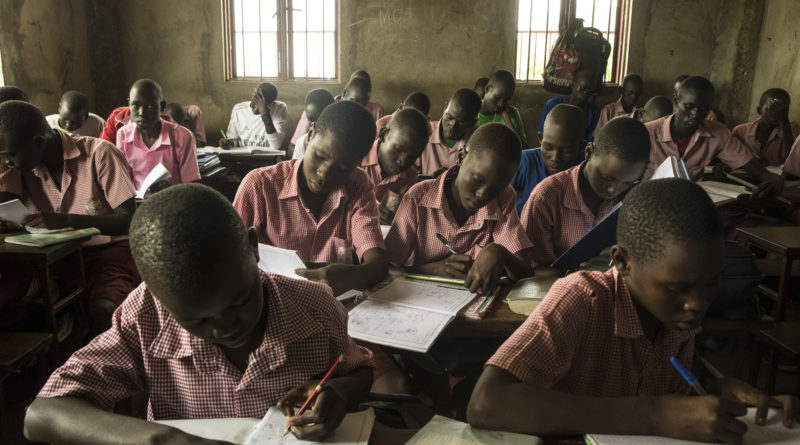Pauline Rose is a professor of international education at the University of Cambridge and director of the Research for Equitable Access and Learning (REAL) Centre. In this video Pauline discusses findings from a HEART think piece: How can education systems become equitable by 2030?, written by herself and Ben Alcott. She speaks about inequalities in access to education and suggests strategies for including and better supporting the learning of children from disadvantaged backgrounds.
There is strong evidence from South Asia and East Africa that it is the poorest children who are least likely to be learning. Some of these children are not in school. Some are in school but not learning anything. Data from rural India, Pakistan, Tanzania, Kenya and Uganda suggest gaps in learning start at the point of starting school or before. These gaps then widen over the school cycle.
From the evidence five strategies are identified which can help to narrow gaps in learning for children from disadvantaged backgrounds. The first step is to start interventions before children start in primary school with pre-school and early childhood development programmes. The second step is to make sure that the curriculum keeps pace with children from disadvantaged backgrounds and is not set at levels for the highest achieving learners. The third step is to make sure the best teachers are deployed to areas where they are needed the most so that disadvantaged learners have access to the best teaching. The fourth step is to make sure that learning materials are available as well as being in the right language and at the right pace; and teachers need to be trained in using them. The fifth strategy is to ensure parents and communities are empowered to hold schools to account for ensuring that children are learning and that the previous four steps are being properly implemented.
Tracking for the education sustainable development goals will require disaggregating data by different groups to make sure the disadvantaged are making progress over time. The millennium development goals made the mistake of looking at averages which gives a misleading picture. Learning also needs to be tracked for children both in school and out of school. Surveys based on the household can achieve this. Interim targets should be considered between now and 2030 to make sure disadvantaged children are making progress.
Most countries have some form of national assessment providing some information on learning. But often this does not include children out of school, does not provide disaggregated data for children from different backgrounds, and does not allowing tracking of individual children over time. Longitudinal household surveys measuring learning, socio-economic status and disability status are needed.
See this blog from Pauline Rose and Ben Alcott for more details on the paper: How can education systems become equitable by 2030?
Twitter links:
Pauline Rose: @PaulineMRose
HEART: @HEART_RES

